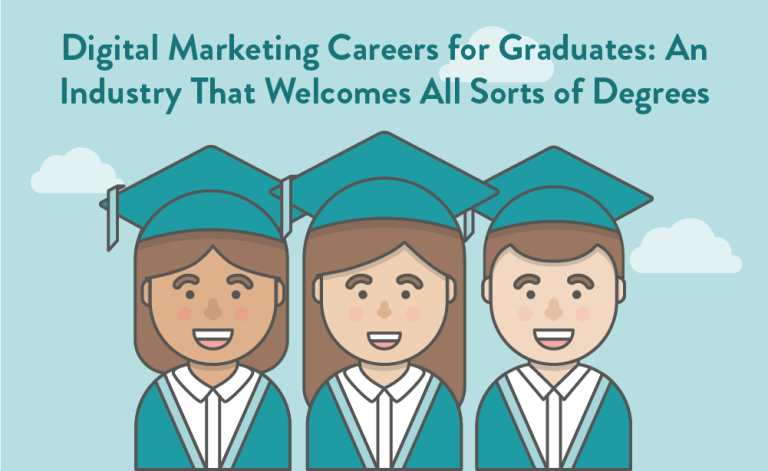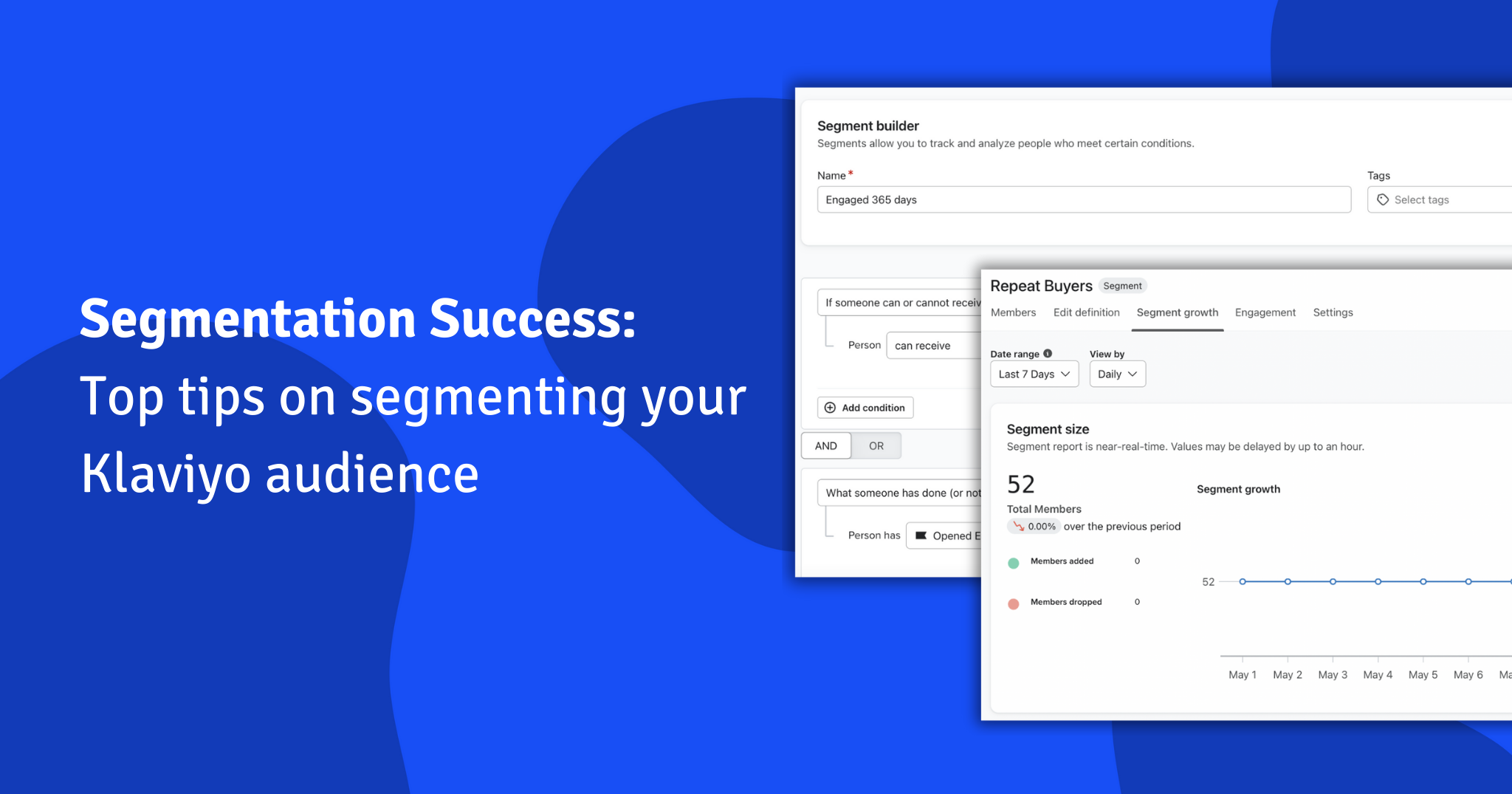
It’s funny how things change, isn’t it? When you’re five and adorable, the concept of becoming an astronaut and
raising cows on the moon is widely lauded as being cute. But when you’re twenty-one and want nothing more
than to pursue your true love of crunching numbers, other kinds of questions pop up. Like, what precisely do you
plan on doing, and have you considered how many other grads you’re up against?
We’re not guaranteeing
that you won’t use that degree to secure a job creating a lunar bovine project, but while you’re waiting for that
call from NASA, you may want to consider your other options. In particular, one career route welcomes graduates of
all stripes: digital marketing.
Below we’ve listed a handful of popular degrees and how they
can be easily transferred to a career in digital marketing.
For the numerically-minded

Related Degrees: Maths, Computer science, Economics, Statistics, IT (Excel)
If either your friends or
your family think a degree in straight Maths will only lead you to the classroom of your local high school, tell
them to think again. Plenty of places will value the abilities of an analytical mind when it comes to putting
together budgets, analysing results and tracking the success of projects, not least among them a digital
agency.
In comparison to more cut-and-dry applications of your Maths abilities, a digital agency could also
afford you the opportunity to set more creative parameters and expect more interesting results than the simple x + y
spiel, which you might’ve already chugged through in class.
For example: you could report on the results of an
ad’s reception with its target audience, and use those findings to pitch a groovy new campaign to your agency
director. And if the next project’s direction is clearer? That’s thanks in part to your calculating and parsing of
relevant facts.
For those specialising in the soft sciences

Related Degrees: Behavioral Sciences, Psychology, Sociology
‘Psychology/Sociology,’
your eldest aunt might’ve said, over a cup of tea. ‘Pshaw. These days, everyone’s got a FaceSpace and an
Instatweet to jot their feelings down in. What’s the need for the likes of you?’
As it turns out, your
aunt’s several years out of date — and that’s not only apparent in her lack if social media knowledge, but in her
understanding of the application of the soft sciences as well.
You could become a social media marketing specialist — or to take
things further, a customer/product specialist. What would that mean? Well, a role in strategy would require you to
engage with your client’s product and processes. The soft sciences come into play when you report back on what’s
working or what’s not from a consumer standpoint and what could be done to improve them, based on your understanding
of how people tick.
PPC (pay-per-click) and SEO (search-engine optimisation) for example, are all about
psychology and customer motivations. Understanding Google search terms and user intent is vital to landing the right
website traffic at the right time. Meanwhile, Digital PR is all about reaching out strangers with persuasive
writing, leaving them compelled to hear your pitch. You have to be able to relate to others, put yourselves in their
shoes and construct appropriate messaging.
Figuring out the nitty-gritty of online communities and consumers
not your thing? No stress. HR department gush over the human-psychology knowledge derived social sciences, and your
skills can also be funnelled into the work of an account manager. While the job of an account manager might be one
step removed from the consumer coalface, it’ll also require you to draw upon other skills like your ability to
manage and maintain strong relationships with your clients. (Arguably, it’s one of the most important roles in an
agency.
For the creative at heart

Related Degrees: Art, Design, Graphic Design, Multimedia (inc. Music Technology)
Unfortunately, not all
of us are going to be Picasso. Not all of us need to be. Art takes many different forms and facets these days, as
can be evidenced by the likes of Banksy. And art that’s accessible to the masses and immediately recognisable is not
only rewarding, but sometimes more challenging than one might expect.
After all, as a graphic designer, you’ll
be expected to act as both translator and visionary. That means you’ll be required to interpret
creative briefs — i.e. what your arts expected to achieve — and brand identity, and fuse the two together to produce
creative and compelling images. Good news: creatives are always expected to push boundaries with their work, meaning
you’ll rarely find yourself limited to the same shtick.
Moreover, working as a creative within in marketing
also means you’ll get to see your art displayed and appreciated by a wide audience — which, if we’re
honest, is more than quite a few art students get.
There are many other strands of creativity required in a
marketing team. Marketing is as much about ideas as it is execution. So, if you consider yourself an “ideas person”
and can demonstrate that in an interview or through experience, then you’ll find yourself on a creative team in no
time. Also, problem solving is one of the most useful applications of creativity in a professional
environment.
For those who can string a pretty sentence together
Related Degrees: English, English Literature, Media, Journalism, Creative Writing, PR
Ah, English. It’s
the backbone of human connection and comprehension. If you’ve got an English degree, why settle for shelving books
in a library or parsing down grammar for grammar school students, when you could be busy writing your own mini
masterpieces?
As a copywriter, you’ll be the conductor to your creative designer’s bow. Just like them, you’ll
be busy interpreting creative briefs and client identity in order to construct a compelling campaign. Of course,
English is a language the majority of us have mastered; meaning there’s even greater challenges here to make your
copy stand out and work within the given parameters.
The difference is, you’ll also be the one writing the
sheet music. Rather than laying out images or determining whether the resolution of your HTML design will stand out
on all browsers, your words and imagination will give shape to how the campaign eventually looks and
sounds.
Does that mean the pressure can be on you to perform? Yes, it can be. But trust us: there’s nothing
better than the satisfaction of seeing your work come alive.
Another popular application of creative writing is
Content Marketing. This entails producing
engaging content to be published on leading industry websites. This usually entails becoming a demi-subject expert
in a short period, conducting research to produce content with authority and weight. The process is hugely
interesting (learning about all kinds of topics along the way) and rewarding (having content shared widely online –
even going viral).
–
Want to know more about what digital marketing does for companies? Check out
our ‘What we do’ page.
–
About the
author: Viv Mah writes graduate careers advice for Inspiring Interns, a graduate recruitment agency.
Check out their website to see which internships and graduate
marketing jobs are currently available.


